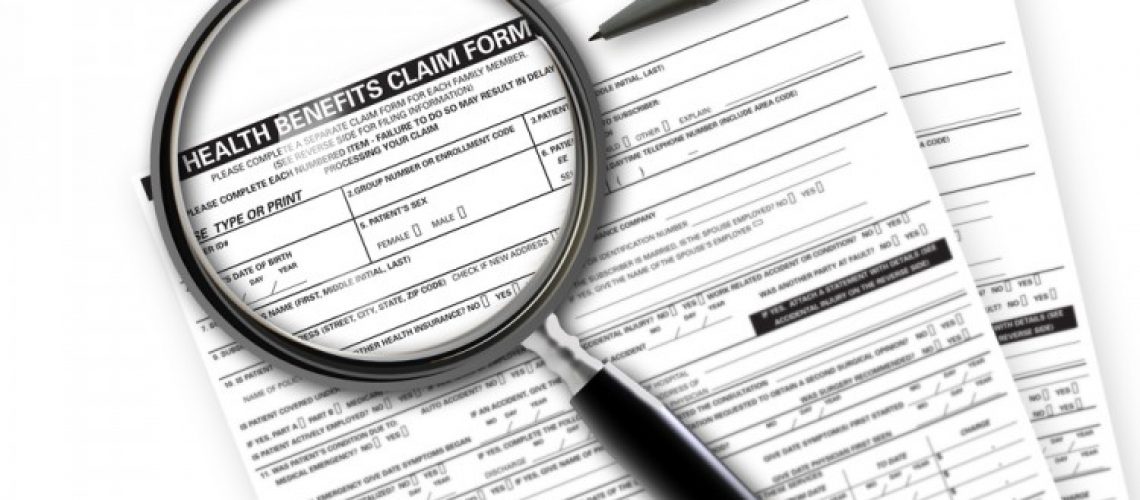Louisiana posted the highest rate of Medicare being overbilled for services in the nation in 2015, with providers charging an estimated $1.25 billion more than they should have, according to a federal report.
In Louisiana, Medicare bills were too high an estimated 19.4 percent of the time, according to the report from the U.S. Department of Health and Human Services.
Nationwide, more than two-thirds of an estimated $43.3 billion in improper payments resulted from insufficient documentation errors. A breakdown of those results were not available for individual states. These can occur when the health care provider doesn’t sign and/or date the medical record; signs the record but the signature can’t be read and there is no signature log to say who actually signed; or doesn’t provide enough detail in the notes to support a treatment.
“I’ll take No. 1 in being best football team but not No. 1 in improper payments,” said U.S. Rep. Garret Graves, R-La.
Graves said it’s outrageous that the federal government makes roughly $125 billion in improper payments a year across all agencies. The fact that in Louisiana, improper Medicare payments are approaching 20 percent shows that there are major problems with the system.
Medical necessity errors also were a major source of improper payments, according to the federal agency. These happen when a provider delivers a service or item that doesn’t meet the coverage requirements, like providing a power wheelchair to a patient whose records don’t show the need for one.
Meanwhile, durable medical equipment, prosthetics, orthotics and supplies generated the highest percentage of improper payments at 39.9 percent.
Graves said changes to the Medicare payment system may have contributed to the problem.
In 2015, the United States completed a transition to the 10th version of International Classification of Diseases. ICD-10 has about 69,000 codes for ailments, while ICD-9 had about 14,000. Other countries adopted ICD-10 years ago, and supporters say it does a better job of accommodating new technology while helping capture data that can improve health care. But providers have complained that the new system is too complicated. For example, ICD-10 includes 1,530 codes for a femur fracture; the previous system had 16.
Still, Graves said, that doesn’t fully explain why nearly 1 in 5 Medicare payments in Louisiana have been labeled improper.
Kristin Walter, a spokesperson for the Council for Medicare Integrity, said vast amounts of money are being wasted with misbilling.
The council represents recovery audit contractors, whose job is finding and recovering Medicare overpayments to health care providers.
The misbillings don’t involve fraud, Walter said. Mainly they result from clerical errors, such as applying the wrong code to a treatment or submitting the same bill twice.
The recovery audit contractors say short hospital stays also generate a considerable portion of the improper payments. Walter said short hospital stays aren’t being audited now because of pressure from the hospitals.
However, the Louisiana Hospital Association issued a statement saying providers invest a lot of money in training and systems to avoid paperwork errors and lengthy delays.
“They want to bill and be paid accurately the first time,” the association said in the statement.
Under the Recovery Audit Program, private firms review Medicare claims and collect between 9 percent and 12.5 percent of the improper payments they identify. The program has been the source of some controversy. Some providers said contractors were churning out erroneous denials in order to generate more revenue. Critics point to the rapid growth in collections as proof. In 2010, the contractors collected $75 million. By 2012, that amount had soared to more than $2 billion.
The Louisiana Hospital Association said that when hospitals appealed the audit reports, the audit findings were overturned more than 70 percent of the time.
In 2015, Congress placed a moratorium on the audits. As of February, health care providers had filed appeals on more than 800,000 claim denials, a number it will take roughly 10 years to work through.
Graves said a lot of the misbillings could be prevented on the front end by making it easier for providers to comply with the documentation regulations.
——————————————————
Photo courtesy of: Medical Coding News
Originally Published On: The Advocate
Follow Medical Coding Pro on Twitter: www.Twitter.com/CodingPro1
Like Us On Facebook: www.Facebook.com/MedicalCodingPro







